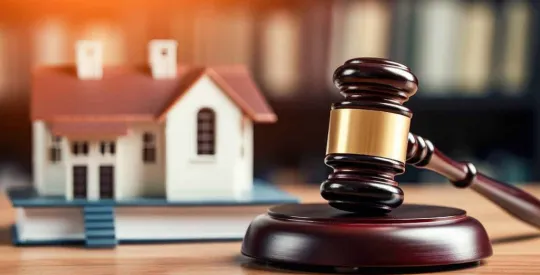While foreclosure is often a common way for a reverse mortgage loan to conclude after the death of a borrower, there are some instances in which a borrower may face displacement from their home due to certain specific circumstances. A reader of a nationally-syndicated column highlighted why this might happen.
In Annie Lane’s syndicated “Dear Annie” column, a reader who only identified themselves as an attorney responded to a recent column about someone who had a reverse mortgage, was foreclosed on and then was forced to move out of the home.
“[T]here are two primary ways this can happen, and I want to explain how to avoid this so that it never happens to any other reader,” the attorney said. “In a reverse mortgage, the money paid by the lender to the homeowner in reverse does not include the lender making property tax and hazard insurance payments on the property. Those payments must be made, and kept current, by the reverse mortgagor (the homeowner) from his or her own resources.”
As reverse mortgage professionals know all too well, a borrower who does not keep up with the necessary taxes and insurance payments could see their loan called due and payable before they’re ready to leave the property.
“This is because the absence of property tax payments opens up the property to a possible separate foreclosure action by the town or city in which the property is located,” the attorney wrote. “Also, allowing the hazard insurance to lapse exposes the lender to the possibility of losing its investment should the property burn down or otherwise suffer damage while uninsured.”
One of the reasons this can occur is due to the increasingly long life spans of older Americans, the attorney said.
“A major cause of the foreclosure of reverse mortgages is the homeowner’s inability to maintain payments in these two areas — hazard insurance and property taxes — particularly once the money being paid in reverse has been exhausted and the elderly homeowner has been left with limited other funds with which to live and pay expenses,” the attorney wrote. “As Americans’ life spans increase, seniors are outliving the disbursement schedules on their reverse mortgages. This results in the inability to maintain property tax and hazard insurance, leading to foreclosure of reverse mortgaged properties.”
Read the column at Dear Annie.





